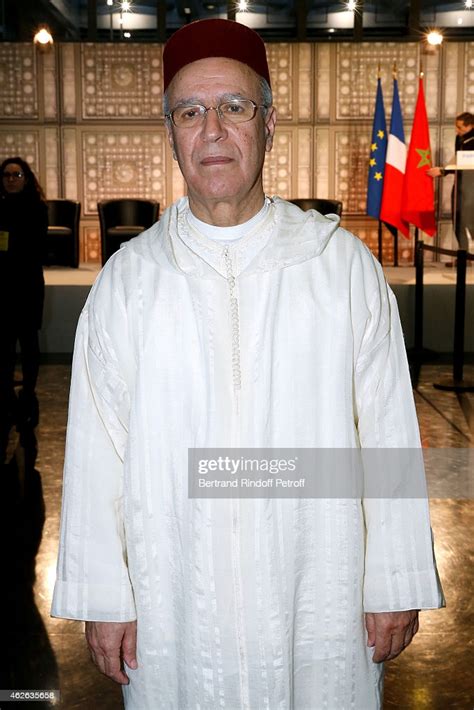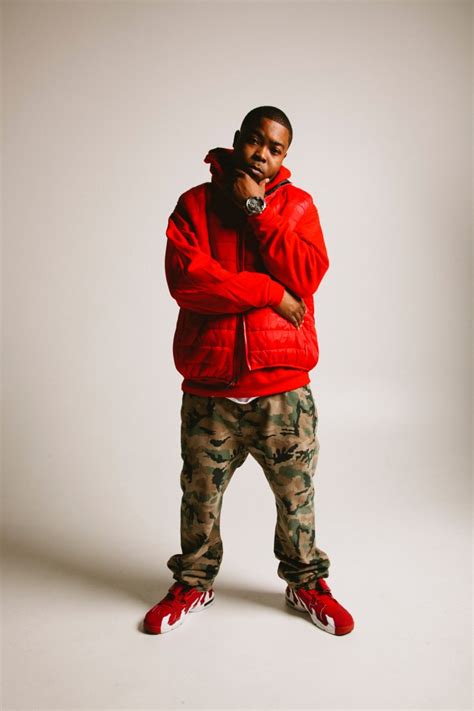A Quote by Boots Riley
If we created a society based on love, it would be a society without exploitation.
Related Quotes
The classics of Marxism talked of communism as a society to which a modern society should aspire, a society truly fair, where the relations of monetary exchange were not the priority but one wher the people's needs could be satisfied, and where people would not be worth more according to how much monetary wealth they acquired. Instead their value would be based on their contribution to society as a whole. It would be a society without class that would accept people based on their capabilities and their potential to contribute to that society.
[T]here are, at bottom, basically two ways to order social affairs, Coercively, through the mechanisms of the state - what we can call political society. And voluntarily, through the private interaction of individuals and associations - what we can call civil society. ... In a civil society, you make the decision. In a political society, someone else does. ... Civil society is based on reason, eloquence, and persuasion, which is to say voluntarism. Political society, on the other hand, is based on force.
I call a man a sannyasin who breaks out of these institutions and lives spontaneously. To be a sannyasin is the most courageous act possible. To be a sannyasin means to live without the mind, and the moment you live without mind you live without society. The mind has created society, and society has created the mind; they are interdependent. To be a sannyasin means to renounce all that is false but not to renounce the world, to renounce all that is unauthentic, to renounce all the answers, to be responsive, spontaneously responsive, and not to think about the reasons, but to be real.
We need to organize ourselves and protest against existing order - against war, against economic and sexual exploitation, against racism, etc. But to organize ourselves in such a way that means correspond to the ends, and to organize ourselves in such a way as to create kind of human relationship that should exist in future society. That would mean to organize ourselves without centralize authority, without charismatic leader, in a way that represents in miniature the ideal of the future egalitarian society.
If we desire a society of peace, then we cannot achieve such a society through violence. If we desire a society without discrimination, then we must not discriminate against anyone in the process of building this society. If we desire a society that is democratic, then democracy must become a means as well as an end.
Human beings are themselves considered consumer goods to be used and then discarded. We have created a “disposable” culture which is now spreading. It is no longer simply about exploitation and oppression, but something new. Exclusion ultimately has to do with what it means to be a part of the society in which we live; those excluded are no longer society’s underside or its fringes or its disenfranchised – they are no longer even a part of it. The excluded are not the “exploited” but the outcast, the “leftovers”.
In socialist society certain inequalities in property still exist. But in socialist society there is no longer unemployment, no exploitation, no oppression of nationalities. In socialist society everyone is obliged to work, although he does not, in return for his labour receive according to his requirements, but according to the quantity and quality of the work he has performed.
A society which discards those who are weak and non-productive risks exaggerating the development of reason, organisation, aggression and the desire to dominate. It becomes a society without a heart, without kindness - a rational and sad society, lacking celebration, divided within itself and given to competition, rivalry and, finally, violence.



































